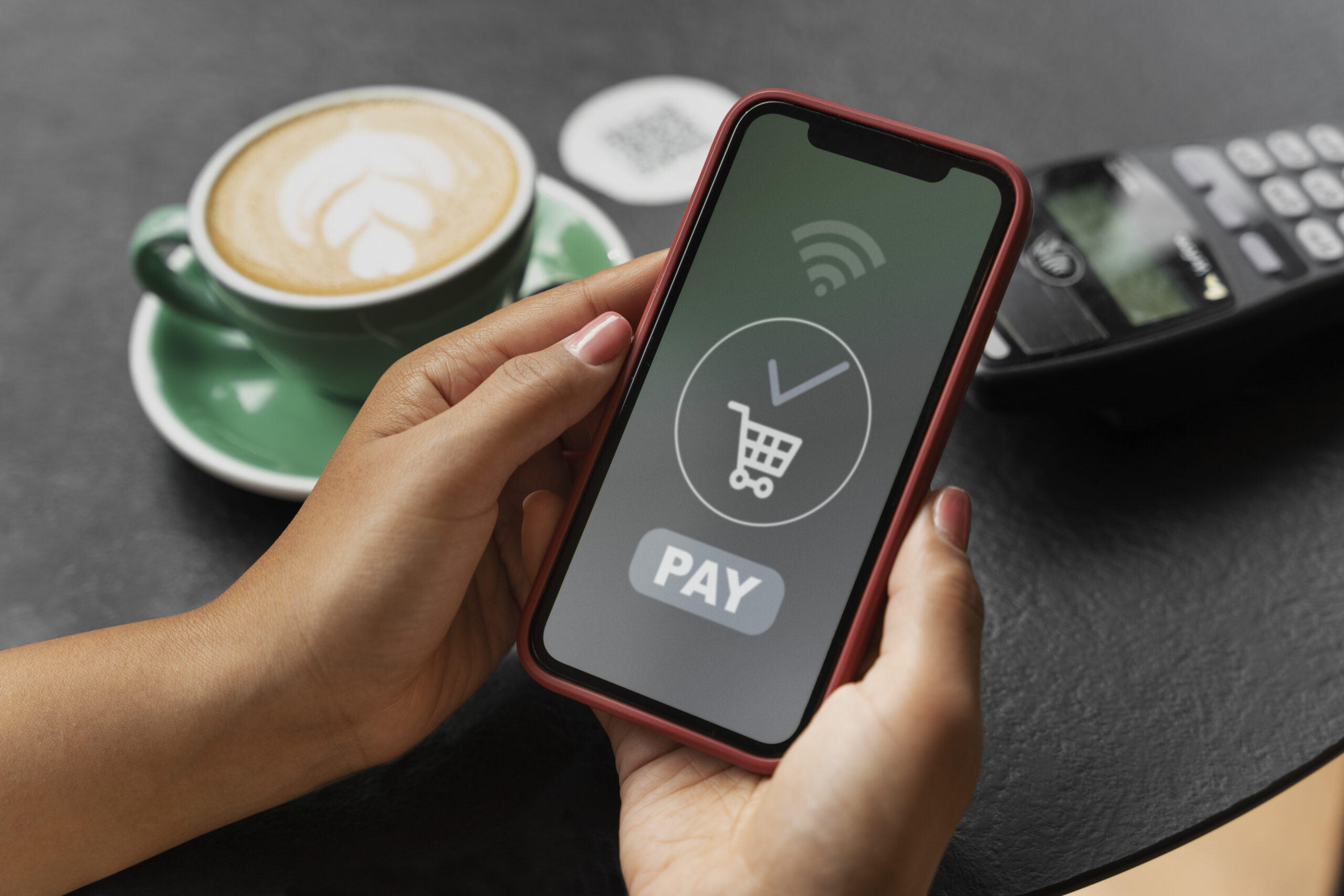DUBAI (GULF NEWS) – Although ‘Buy Now, Pay Later’ (BNPL) schemes provide quick and convenient options for online shopping, retail experts are increasingly cautioning against the potential consequences of overlooking the possibility of missed payments.
With BNPL, consumers can divide their online purchases into interest-free instalments over a period of weeks or months. The approval process is typically seamless, taking place within the online retailer’s checkout page. However, it’s important to consider the risks involved

“Nearly 400 million shoppers use BNPL deals worldwide, but surveys reveal over 50 per cent of them do not realise they are taking on debt when doing so or did not think of these deals as a form of credit,” said Dr Khalid Essaye, an Abu Dhabi-based researcher specialising in consumer spending.
“Instead, most survey respondents describe BNPL as a ‘money management tool’, which is reason to take caution as it means they could unwittingly be exposing themselves to a range of potential problems if they failed to pay back on time, such as late fees, black marks on their credit report.”
How BNPL works when shopping online
Let’s say you are about to confirm the purchase of an item from an online retailer’s website and you see a payment option at checkout stating ‘Pay by instalments using XYZ BNPL provider’. You then select this payment method as an alternative to paying the full amount upfront via cash or card.
Here’s what happens after you choose to ‘Buy Now, Pay Later’. By selecting the BNPL method, you enter into an agreement with the BNPL provider. Under this agreement, you will pay for item on an instalment basis, perhaps up to a certain credit limit. But what happens at the back end?
The BNPL provider will then pay the full amount of the purchase to the retailer, either immediately after completion of the payment or after a certain period of time, deducting a discount representing the BNPL provider’s fees. The BNPL provider will then collect the rest of the instalments from you.
The retail merchant often has a contract in place with the BNPL provider, listing out the fees charged by the BNPL provider and detailing whether or not the retailer should be even partly liable for any instalment plans you may fail to pay.
Other risks to using BNPL payment schemes
“When opting to go the BNPL route, you need to first understand the repayment terms to which you’re agreeing because BNPL financing is not as closely regulated as credit cards are. Terms can vary significantly,” said Abu Dhabi-based consumer credit analyst Rajesh Markara.
For example, some retailers may require you to pay the remaining balance with bi-weekly payments over a month-long period. Others may give you three months, six months or even longer to pay off your purchases.
“Understanding how your payments will work can help you plan for them in your budget. This ensures that you can afford your payments and make them on time. Missing a payment for a BNPL agreement could result in late fees,” added Markara.
Markara also advised you to consider store return policies and how BNPL loans may affect your ability to return what you’ve purchased. “For example, you may be allowed to return the item, but you may not be able to cancel the BNPL contract until the return has been accepted and processed,” he noted.
Key takeaways
BNPL, also known as ‘pay-in-four’ as borrowers often repay in four instalments, caught on as shoppers quickly got approved for a loan at the point of sale. So people who can’t get a traditional credit card may qualify.
“BNPL borrowers pay no interest or fees if repaid on time. And unlike older payment plans, in which you had to pay in full before receiving an item, pay-later customers get their items right away. But even though most BNPL customers say they are satisfied, it has not always been smooth sailing for all,” added Essaye.
“The BNPL market – valued at USD309 billion in 2023 and seen growing 25 per cent by 2026 – is lightly regulated and there is rising concern among regulators and consumer advocates that the loans lack protections and that borrowers may be getting in over their heads.”
So while this fairly unregulated interest-free credit has seen explosive growth, particularly among those with tight finances, BNPL shoppers are advised to always check the exact amount of their payments, schedule for completing payments and fees they might incur if a payment is missed.






